Many new teachers in South Korea who are also new to teaching may feel hesitant about teaching younger learners. Before coming to South Korea I was absolutely petrified of teaching kindergarten. I thought they would eat me alive. For some strange reason I thought teaching middle school or high school would be much easier. The truth of the matter is that each age group, including adults, presents its own set of challenges.
I’m so happy I didn’t chicken out of teaching kindergarten my first year because the pros far outweighed the cons. Teaching a kindergarten class definitely has its challenging moments but implementing a few strategies makes it much more manageable. Here are some tips for teaching young learners in Korea.
Routines and Repetition
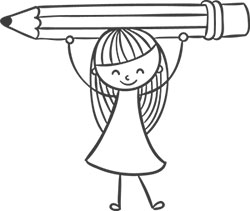
Young learners really love routines and knowing what’s coming next. I start the class the same way every day and follow a very structured schedule. This helps them feel safe and they start to think of following the class schedule as a fun game. I try to repeat basic vocabulary and concepts like alphabet sounds, days of the week, months, weather words, numbers, etc. over and over until they are able to say the words comfortably by themselves.
Keep Calm and teach kindergarten
This is by far the most important suggestion I have for myself in the kindergarten classroom and any other teacher. I definitely do not always stay calm and patient in the classroom but I really try to, especially when they’re pressing my buttons or disobeying. I find that when I make the effort to be patient and calm in class, the students follow along and listen much better. The students really feed off your energy and if you can be patient and calm with them it has a very positive effect on them. When I keep expectations of my students low, it is much less stressful for myself and gives them more room to grow.
Praise, Praise, Praise
Young learners really like to show off and talk about their accomplishments. It’s really important to focus on your students’ positive qualities even if they have behavioral problems in the classroom. I always try to give specific praise rather than just saying “good job”. If they have really good penmanship or are really good at drawing, let them know.
Short Lessons
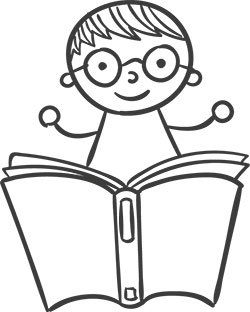
If you have multimedia in your classroom, Youtube has several channels with songs and funny videos like Super Simple Songs, Kabooum, etc. As the year progresses, you will be able to hold their attention for longer periods, but be prepared to change it up a lot. It’s better to have too much planned than not enough.
Have Fun
It’s not too difficult to let loose and have some fun with younger learners. A South Korean kindergarten classroom typically has a more academic focus than an American one. This means that even though they are younger, a lot will be expected of them. I try to make each lesson fun and exciting even if we have to get some work done too. Speaking in silly voices, incorporating physical movement or making funny faces during a lesson will make it more fun for your students and less like pulling teeth.
Final Words
Teaching younger learners definitely has its drawbacks and challenges. However, as with any age group, there are strategies you can use to make it less stressful and more enjoyable. It’s sometimes only through trial and error that you will discover new ways to teach your classroom successfully.
Edited By: Yoyin Adenusi
*Featured images courtesy of FreePik (one, two, three, four)
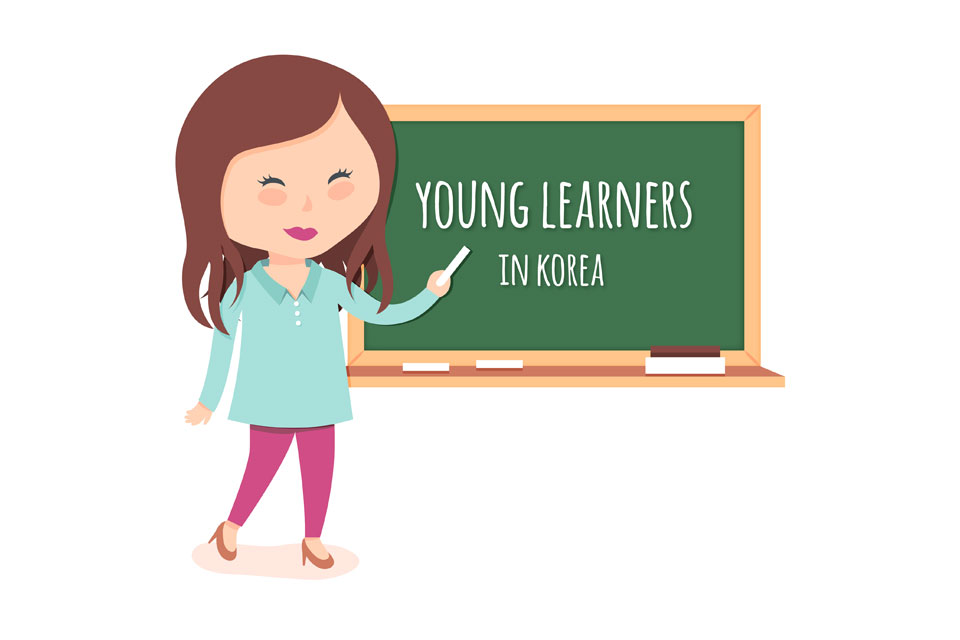
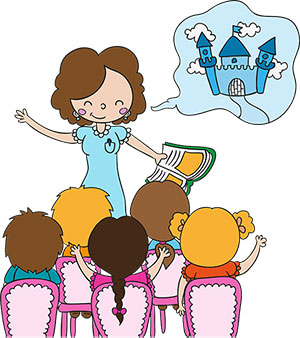



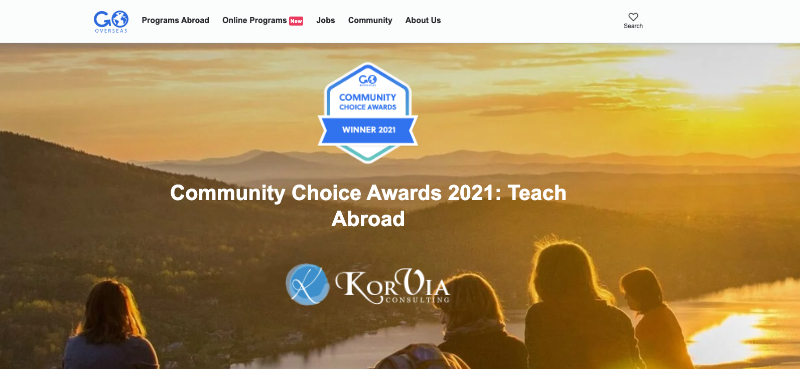


Hi Naomi,
Thank-you for the tips! I’ve just moved to Korea, and start teaching at a hagwon tomorrow. That is, if we don’t have the school year pushed back 2 weeks like the public system (coronavirus containment, etc.). I’ll definitely implement some of your strategies – I never thought about 5-10 minute lessons! I’m also a brand new teacher, so I have a million things running through my head. Turns out I’ll be teaching a class of 5-year olds (3-4 Int. age) for the morning and part of the afternoon. Then elementary school kids (around 6-7) for the remainder of the day. I’ve asked my boss about tomorrow, and was told the first day not much gets done – more welcoming students into a new environment. I’m going to plan to teach some basics anyways if I run out of ideas!
Thanks again,
Chris